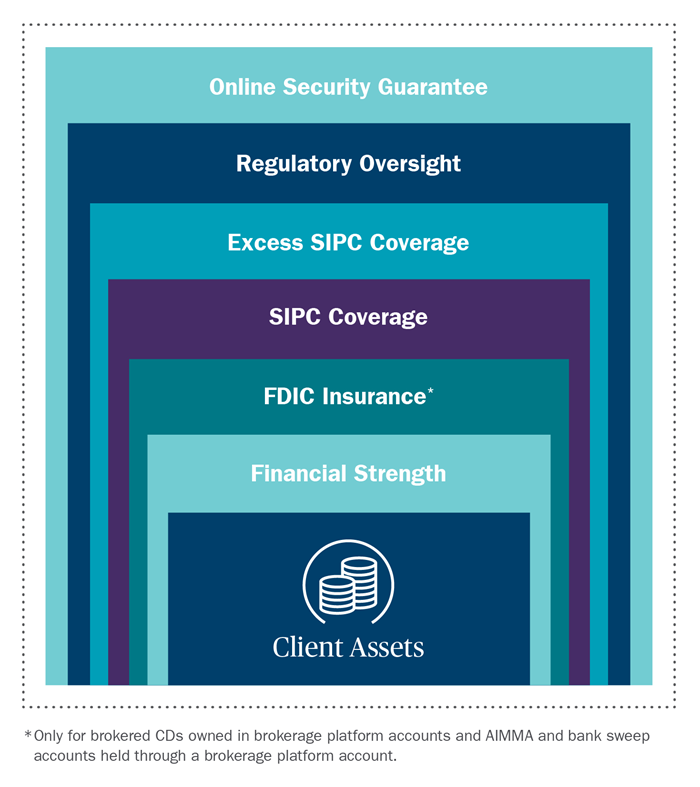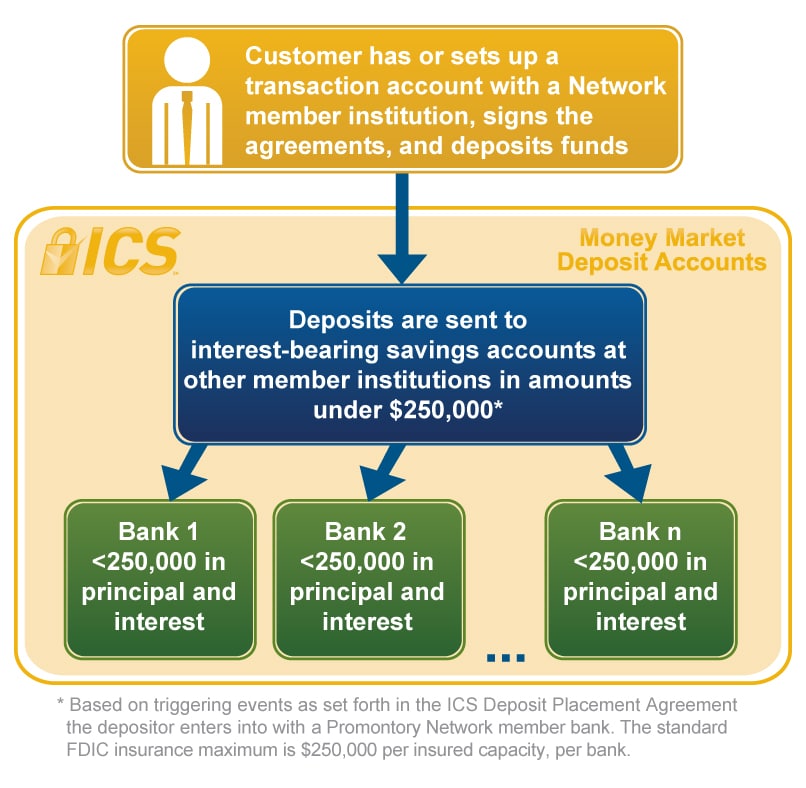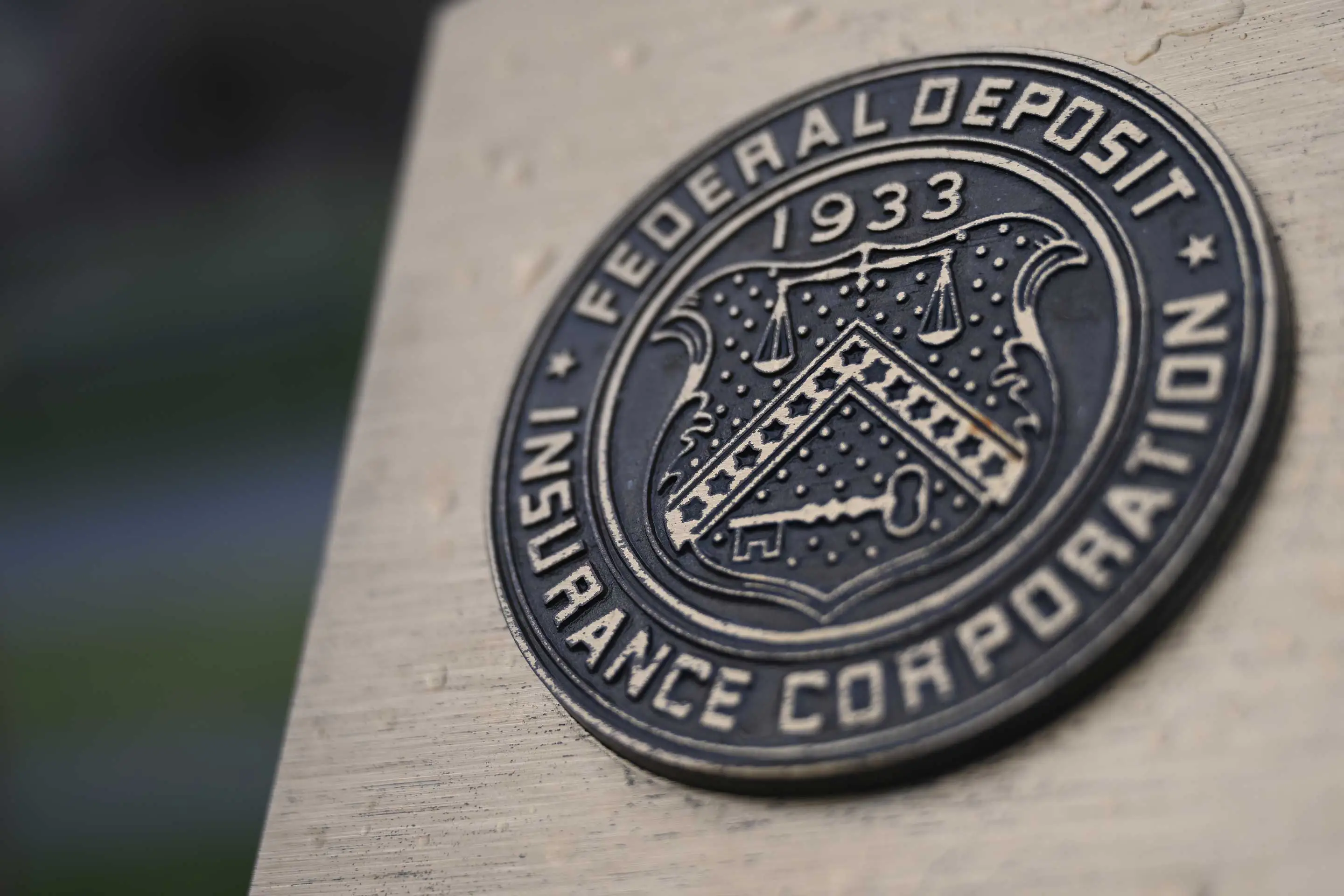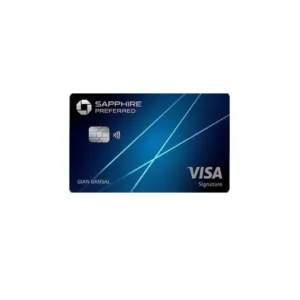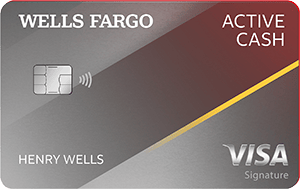10 Effective Ways To Prevent Identity Theft And Protect Your Credit
Identity theft is a growing concern in today’s digital age, and it can have devastating consequences on your credit and financial stability. It is important to take proactive steps to protect yourself from falling victim to this crime. In this article, we will discuss 10 effective ways to prevent identity theft and safeguard your credit. By implementing these strategies, you can stay ahead of potential threats and keep your personal and financial information secure.
1. Keep your personal information private and secure.
2. Use strong and unique passwords for all your accounts.
3. Set up two-factor authentication for your online accounts.
4. Monitor your credit report regularly for any suspicious activity.
5. Be careful with public Wi-Fi and only use secure networks.
6. Shred any sensitive documents before throwing them away.
7. Don’t share personal information over the phone or email.
8. Be cautious when downloading attachments or clicking links.
9. Use a credit monitoring service to keep track of your credit score.
10. Freeze your credit if you suspect any fraudulent activity.

10 Effective Ways to Prevent Identity Theft and Protect Your Credit
Identity theft is a serious crime that can cause financial losses and damage to your credit score. Preventing identity theft requires a combination of vigilance, caution, and knowledge. Here are ten effective ways to protect your identity and credit:
1. Monitor Your Credit Report Regularly
Your credit report contains information about your credit history, including your credit accounts, payment history, and personal information. Monitoring your credit report regularly can help you detect any unauthorized activity, such as new accounts opened in your name or suspicious inquiries. You are entitled to a free credit report from each of the three major credit bureaus every year, so make use of this benefit.
You can also sign up for credit monitoring services that alert you to any changes or activity on your credit report. Some credit monitoring services also provide identity theft insurance, which can help you recover any financial losses in the event of identity theft.
2. Use Strong Passwords and Two-Factor Authentication
Using strong and unique passwords for all your online accounts can help prevent hackers from accessing your personal information. Make sure to use a combination of letters, numbers, and symbols, and avoid using obvious words or phrases. You can also use password managers to generate and store complex passwords securely.
Two-factor authentication adds an extra layer of security to your online accounts by requiring a second authentication factor, such as a code sent to your phone or biometric data. Enabling two-factor authentication can help prevent hackers from accessing your accounts even if they have your password.
3. Secure Your Devices and Networks
Keeping your devices and networks secure can help prevent hackers from accessing your personal information. Make sure to install the latest security updates and patches for your operating system and software. Use antivirus and anti-malware software to protect your devices from viruses and other malicious software.
When using public Wi-Fi networks, avoid accessing sensitive information or logging into your accounts. Use a virtual private network (VPN) to encrypt your internet traffic and protect your privacy.
4. Be Careful When Sharing Personal Information
Be cautious when sharing your personal information, both online and offline. Avoid giving out your Social Security number, birthdate, or other sensitive information unless it is necessary. Be wary of unsolicited requests for personal information, such as emails or phone calls from unknown sources.
When shopping online, make sure to use secure websites that encrypt your information. Look for the lock icon in your browser’s address bar and the “https” in the URL.
5. Shred Sensitive Documents
Shred any sensitive documents that contain personal information, such as credit card statements, bank statements, and bills. Thieves can use this information to open new accounts or commit other forms of identity theft. Use a cross-cut shredder to make sure the documents cannot be pieced back together.
6. Check Your Accounts Regularly
Checking your bank and credit card accounts regularly can help you detect any unauthorized transactions or purchases. Make sure to review your statements carefully and report any suspicious activity to your financial institution right away. Many banks and credit card companies offer fraud alerts that notify you of any suspicious activity.
7. Protect Your Mail
Mail theft is a common way for thieves to obtain personal information. Make sure to collect your mail promptly and consider using a locked mailbox or a post office box. If you are going to be away from home for an extended period, ask a trusted neighbor or friend to collect your mail for you.
8. Be Wary of Phishing Scams
Phishing scams are fraudulent emails or websites that try to trick you into revealing personal information. Be wary of emails or messages that ask you to click on a link or provide personal information. Look for signs of phishing, such as misspelled words, suspicious links, or requests for sensitive information.
9. Freeze Your Credit
Freezing your credit can prevent unauthorized access to your credit report and prevent thieves from opening new accounts in your name. To freeze your credit, contact each of the three major credit bureaus and request a credit freeze. You can lift the freeze temporarily if you need to apply for credit or loans.
10. Educate Yourself and Stay Vigilant
Staying informed and vigilant can help you protect yourself from identity theft. Keep up-to-date with the latest scams and fraud techniques and be cautious when sharing personal information. Report any suspicious activity to the appropriate authorities, such as the Federal Trade Commission or your local police department.
By following these ten effective ways to prevent identity theft and protect your credit, you can reduce your risk of becoming a victim of this serious crime. Stay safe and stay vigilant.
Frequently Asked Questions
What is identity theft and how can it affect me?
Identity theft is when someone steals your personal information and uses it to commit fraud or other criminal activities. This can affect you in many ways, such as damaging your credit score, draining your bank account, and even receiving legal trouble for crimes committed in your name. It’s important to take preventative measures to protect your identity and minimize the risk of becoming a victim.
To prevent identity theft, you should regularly monitor your credit reports, shred any documents containing personal information before throwing them away, and be cautious of phishing scams and suspicious emails or phone calls asking for personal information. Additionally, consider signing up for identity theft protection services to further safeguard your identity.
What are some common signs of identity theft?
Some common signs of identity theft include unauthorized transactions or withdrawals from your bank account, unfamiliar credit card charges, receiving bills or debts for accounts you did not open, and being denied credit or loans. It’s important to regularly review your financial statements and credit reports to catch any suspicious activity and report it immediately.
If you suspect that you’ve become a victim of identity theft, you should contact your financial institutions, credit bureaus, and law enforcement agencies right away. They can help you take the appropriate steps to protect your identity and minimize the damage.
How can I protect my online identity?
To protect your online identity, you should use strong passwords and two-factor authentication on all of your accounts, avoid using public Wi-Fi networks for sensitive transactions, and be cautious of clicking on links or downloading attachments from unknown sources. It’s also important to regularly update your software and operating systems to ensure that you have the latest security patches.
If you’re unsure about the security of a website or online service, do some research to ensure that they have proper security measures in place. Additionally, consider using a virtual private network (VPN) to encrypt your internet connection and protect your online activity from prying eyes.
What should I do if my identity is stolen?
If your identity is stolen, you should contact your financial institutions and credit bureaus to report the theft and place fraud alerts on your accounts. You should also file a report with the Federal Trade Commission and your local law enforcement agency.
Keep a record of all communications and correspondence related to the identity theft, including copies of any paperwork you submit or receive. This can help you dispute any fraudulent charges or debts and restore your credit score to its previous state.
Why is it important to monitor my credit reports regularly?
Monitoring your credit reports regularly can help you catch any suspicious activity or errors on your credit history, which can indicate identity theft or fraud. By catching these issues early, you can take steps to prevent further damage and restore your credit score.
You are entitled to one free credit report from each of the three major credit bureaus every year. Take advantage of this service and review your credit reports for any inaccuracies or fraudulent activity. If you notice anything suspicious, report it immediately and take steps to protect your identity.

In conclusion, identity theft is a serious issue that can have devastating consequences for victims. However, by taking proactive steps to protect our personal information, we can significantly reduce the risk of identity theft and safeguard our credit. Remember to keep your personal information secure, monitor your credit reports regularly, and be cautious when sharing sensitive information online. By following these 10 effective ways to prevent identity theft, you can rest assured that your personal and financial information is safe and secure. So don’t wait any longer, take action today and protect yourself from this growing threat. Stay safe and stay vigilant!
:max_bytes(150000):strip_icc()/bank-47189639b37541338a6f383147cba708.jpg)

:max_bytes(150000):strip_icc()/how-can-i-easily-open-bank-accounts-315723-FINAL-3547624de9a648379a90fe38c68a2f7c.jpg)
